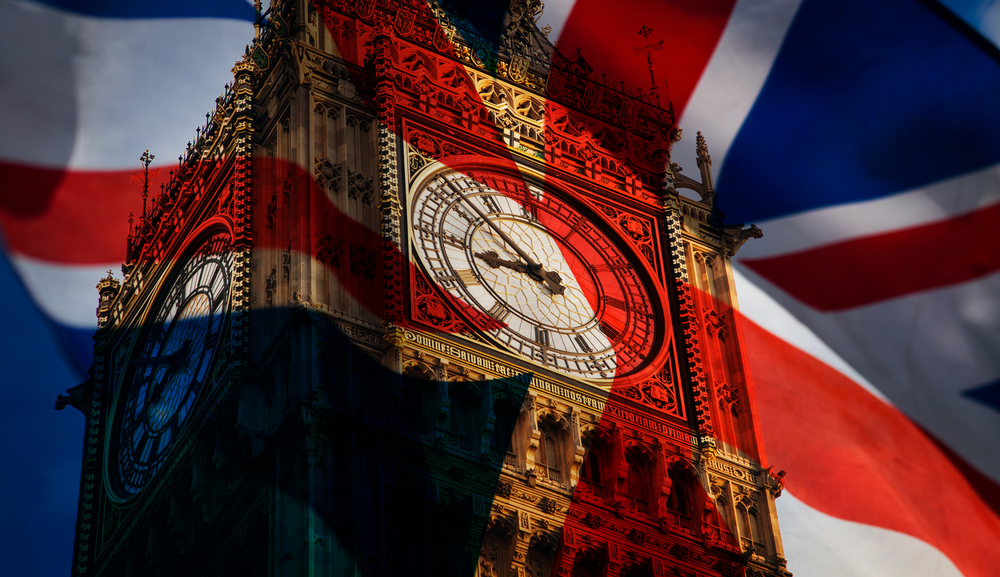‘UK riskier place to do business than Qatar’
Britain ranks lower than the controversial host of the 2022 World Cup in a new index measuring how safe countries are to do business in.
Britain is a riskier place for businesses to operate than scandal-hit 2022 Worl Cup host Qatar, according to new research.
It also ranks lower than neighbours Ireland and France, Hong Kong and parts of the United States, a new index measuring supply chain resilience has found.
In a project commissioned by property insurer FM Global, researchers used an interactive number-crunching tool to gauge how vulnerable 130 of the world’s nations were to disruption, one of the biggest causes of business problems.
Using data sourced from the International Monetary Fund and the World Bank, the 2014 FM Global Resilience Index weighs issues such as reliance on oil, the risk of natural disasters, corruption, political unrest and the quality of a country’s infrastructure to create a score and ranking for each nation.
Norway, Switzerland and Canada top the index of the safest places to do business, the riskiest countries were found to be the Dominican Republic, Venezuela and Kyrgyzstan.
The UK came in at a credible number 20 in the rankings, albeit below the likes of the Netherlands (8), Germany (6) and New Zealand (12).
(Sky) Fifa is under pressure from sponsors over allegations of corruption. Sky’s Paul Kelso reports.
But at number 15 Qatar also ranks above Britain. The Arab emirate stands accused of using bribes to secure its hosting of the World Cup in 2022 and has been criticised for poor safety standards following the deaths of migrant workers employed to build infrastructure for the tournament.
Qatar scored well on economic factors but the poorer quality of its fire and natural hazard risk management pushed it down the rankings.
However, the UK is still a safer place to do business than China, Japan and India.
According to the research, Britain’s low consumption of oil relative to its gross domestic product (GDP) and its control of corruption pushed it up the rankings.
However, researchers say that in terms of political risk, the perceived threat of terrorism reduced its overall score, while the UK could also improve how it manages risks such as fire and natural disasters.
Norway, Switzerland and Canada scored highly for economic strength, fire risk management and high quality infrastructure.
In particular, Norway’s North Sea energy supply meant it was more resilient to energy price increases. Ireland, which ranked higher than the UK, was let down by its supply chain score, but beat the UK on factors such as its low vulnerability to natural hazards and its approach to risk management.
“Natural disasters, political unrest and a lack of global uniformity in safety codes and standards all can have an impact on business continuity, competitiveness and reputation,” said Jonathan Hall, executive vice president of FM Global.
“As supply chains become more global, complex and interdependent, it is essential for decision makers to have concrete facts and intelligence about where their facilities and their supplier’s facilities are located.
“The Resilience Index is a dynamic resource to better understand unknown risk in order to strategically prioritize supply chain risk management and investment efforts.”

